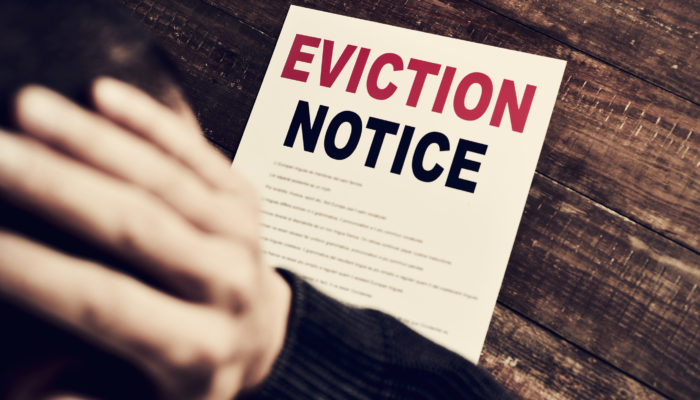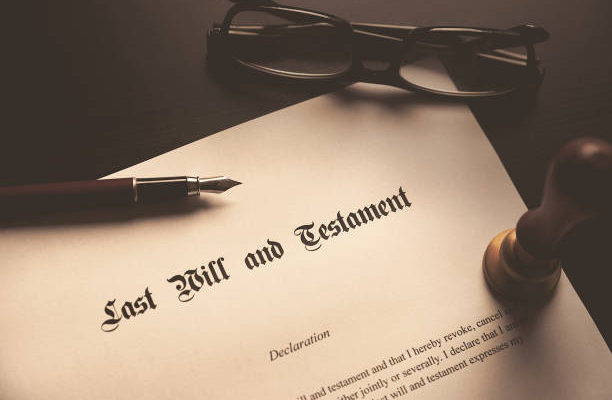- Last Will & Testament-This document covers the disposition of an individual’s property and/or assets after death.
- Durable Power of Attorney-This document grants or authorizes someone else (agent) the legal authority to act in a person’s (the principal’s) place, specifically it names an agent to handle financial matters on their behalf.
- Healthcare Power of Attorney also called a Designation of Health Care Surrogate in Florida is a type of Healthcare Advance Directive-This document names the person (agent) who has the power to make medical decisions for an individual if they become incapacitated.
- Living Will, also known as a Healthcare Advance Directive-This document outlines one’s wishes for medical care if they cannot make decisions for themselves. It includes instructions for removal of life support, lifesaving measures (such as resuscitation), or whether the patient would want hydration or nutrition. There are other documents, which are written medical orders from a physician, nurse practitioner or physician assistant called Physician Orders for Life Sustaining Treatment (POLST) form or Do Not Resuscitate (DNR) form.
- Declaration of Preneed Guardian -This document designates, nominates or appointments of an individual(s) as guardian(s) for oneself or for minor children that they are currently serving as guardian for or are the parents. This form is not effective immediately. If a preneed guardian is appointed for a competent adult individual, then the guardianship will not take effect unless the individual is incapacitated and otherwise unable to manage their own affairs. If a preneed guardian is appointed for minor children, then the guardianship is not effective until the current guardian is either incapacitated or dead. If the other parent of the subject minor children is still living, then guardianship would remain with that surviving parent unless their rights have been terminated by a Court. In a situation where one is a single parent, or if both children’s parents die simultaneously, some document appointing guardianship would be recommended to ensure the minor children are placed under the care of the individual or individuals of the declarant’s choice.
Of course, an individual or couple may need more than the foregoing documents. If one has multiple properties, high net worth, or wants to avoid probate proceedings, an individual contemplating doing an estate plan in Florida may need a trust or other instruments or documents to protect certain assets or meet the individual’s particular needs or circumstances.
Consequently, it would be suggested that said individual or couple should contact and discuss their situation with an experienced estate planning attorney, such as the attorneys at CASERTA & SPIRITI, to fully customize their particular estate plan to meet their specific needs.










